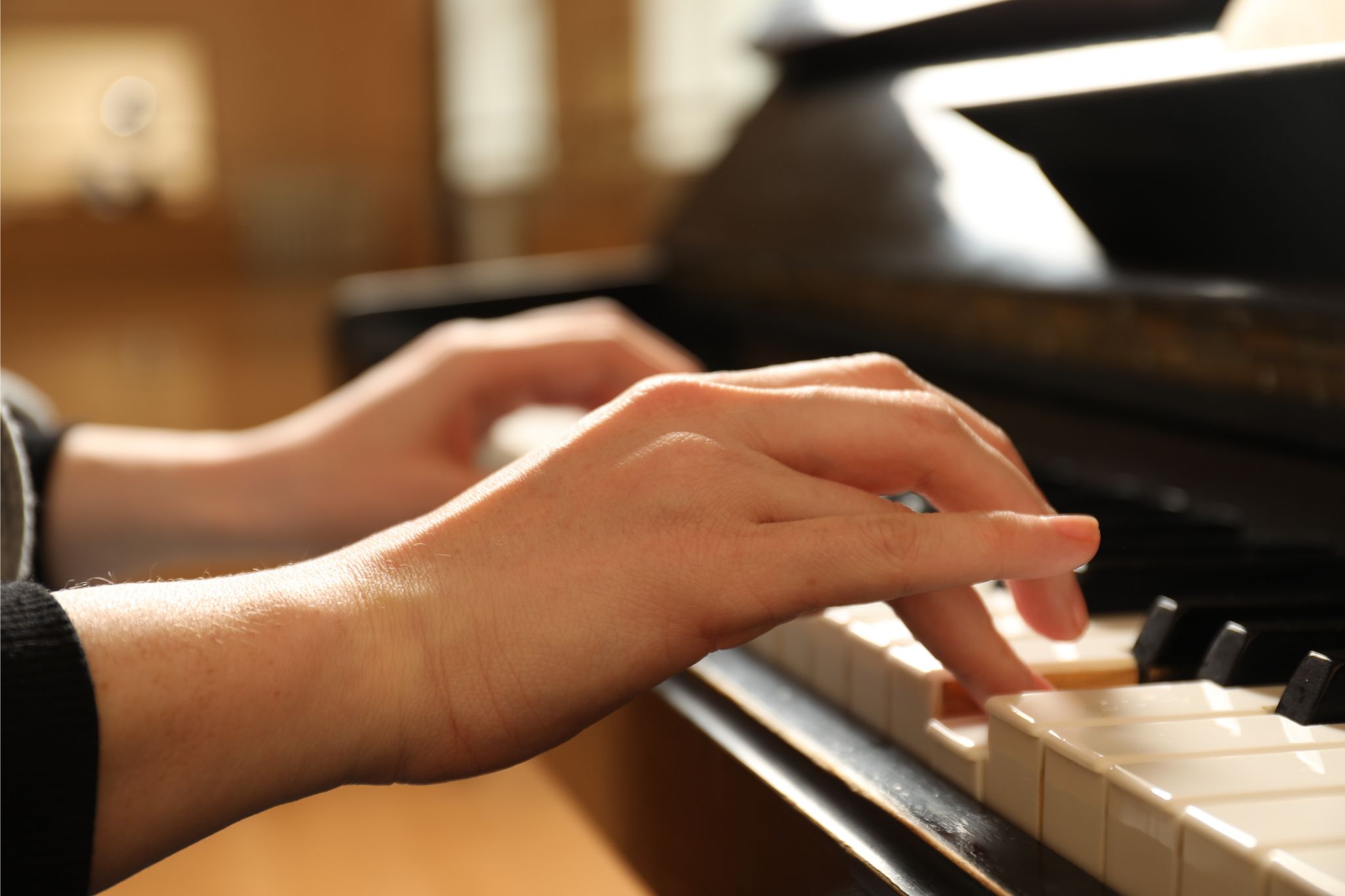The end of the year is in sight, and you know what that means… piano exams are coming! While some students might feel the pressure building, with the right preparation, they can go into their exams feeling confident and ready to hit the right notes.
Let’s make prepping for those exams smooth, productive, and maybe even fun. Here’s how:
1. Start Early, Stay Calm
Cramming is not the way to go when it comes to piano exams. Encourage students to start early—whether it’s polishing their scales or perfecting their pieces. Slow, steady practice throughout the term is key. It’s about building muscle memory, so by exam day, those fingers will know exactly where to go.
2. Break it Down
It can be easy for students to feel overwhelmed by the pieces, scales, arpeggios, and sight-reading all at once. Help them break everything down into bite-sized tasks. One day might be for scales, the next for hands-separately practice on a tricky passage. By focusing on smaller goals, they’ll see progress without feeling buried.
3. Play it Through – Perform!
Get your students used to playing their pieces from start to finish without stopping. No more pausing to fix mistakes—get them to keep going just as they’ll have to in the exam. To simulate exam nerves, consider mock performances for family or friends. The more they perform, the less intimidating the actual exam will feel.
4. Sight-Reading Boot Camp
Let’s be real—sight-reading can be a bit of a wildcard. But with practice, it doesn’t have to be scary! Dedicate a few minutes of every lesson (and encourage students to do the same at home) to sight-reading. Start with easy pieces and work your way up, gradually introducing new keys, rhythms, and tricky intervals. Regular exposure helps take the panic out of sight-reading!
5. Nail Those Scales
Scales are the bread and butter of piano exams, and they can’t be neglected. Get students into a daily routine with their scales. Whether it’s focusing on speed, articulation, or playing them with eyes closed (a fun challenge!), constant repetition will lock them in. You can also make a game of it—scales bingo, anyone?
6. Focus on Musicality, Not Just Notes
It’s not enough just to play the right notes. Remind your students that examiners are listening for musicality, dynamics, and expression. Encourage them to think about the mood of each piece and how they can bring it to life. A piece played with passion will always stand out.
7. Practise Time Management
Help students get familiar with the structure of the exam. Knowing how long they’ll have for each part—whether it’s the performance pieces, scales, or sight-reading—will help them pace themselves. Practising under exam conditions can also reduce anxiety on the big day.
8. Keep it Fun and Light
Piano exams are important, but they don’t have to be scary! Keep the mood light in lessons and remind students that it’s all about showcasing their progress. Throw in some fun warm-ups, a favourite piece, or even an impromptu duet to keep the vibe positive.
With the right preparation and mindset, your students can walk into their piano exams feeling confident and ready to shine. It’s all about balance: solid practice, musicality, and a dash of fun. Good luck to all your budding pianists!
